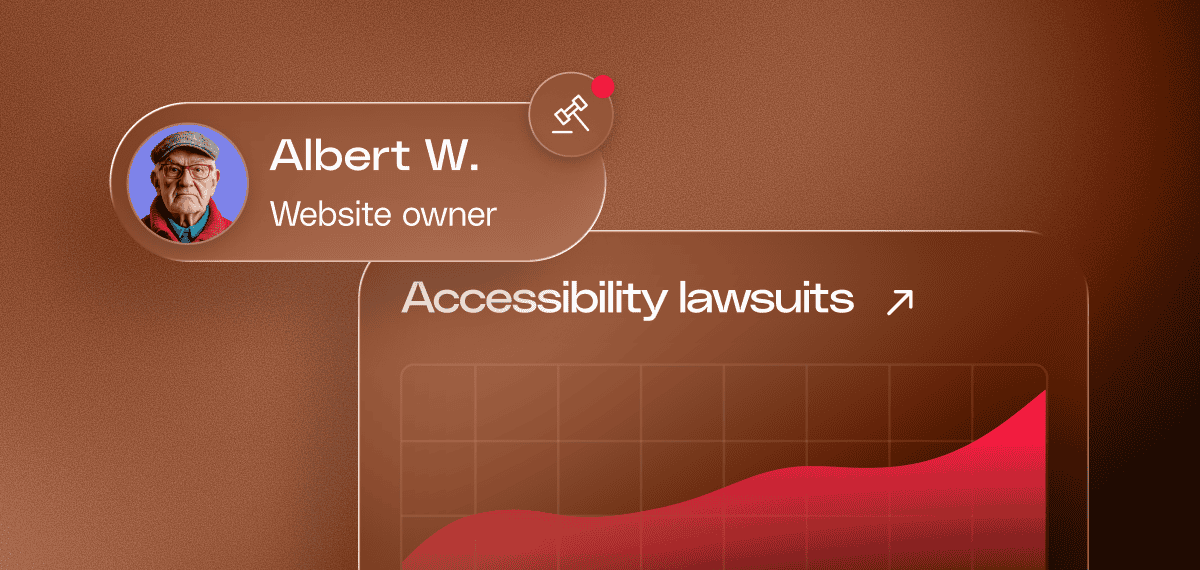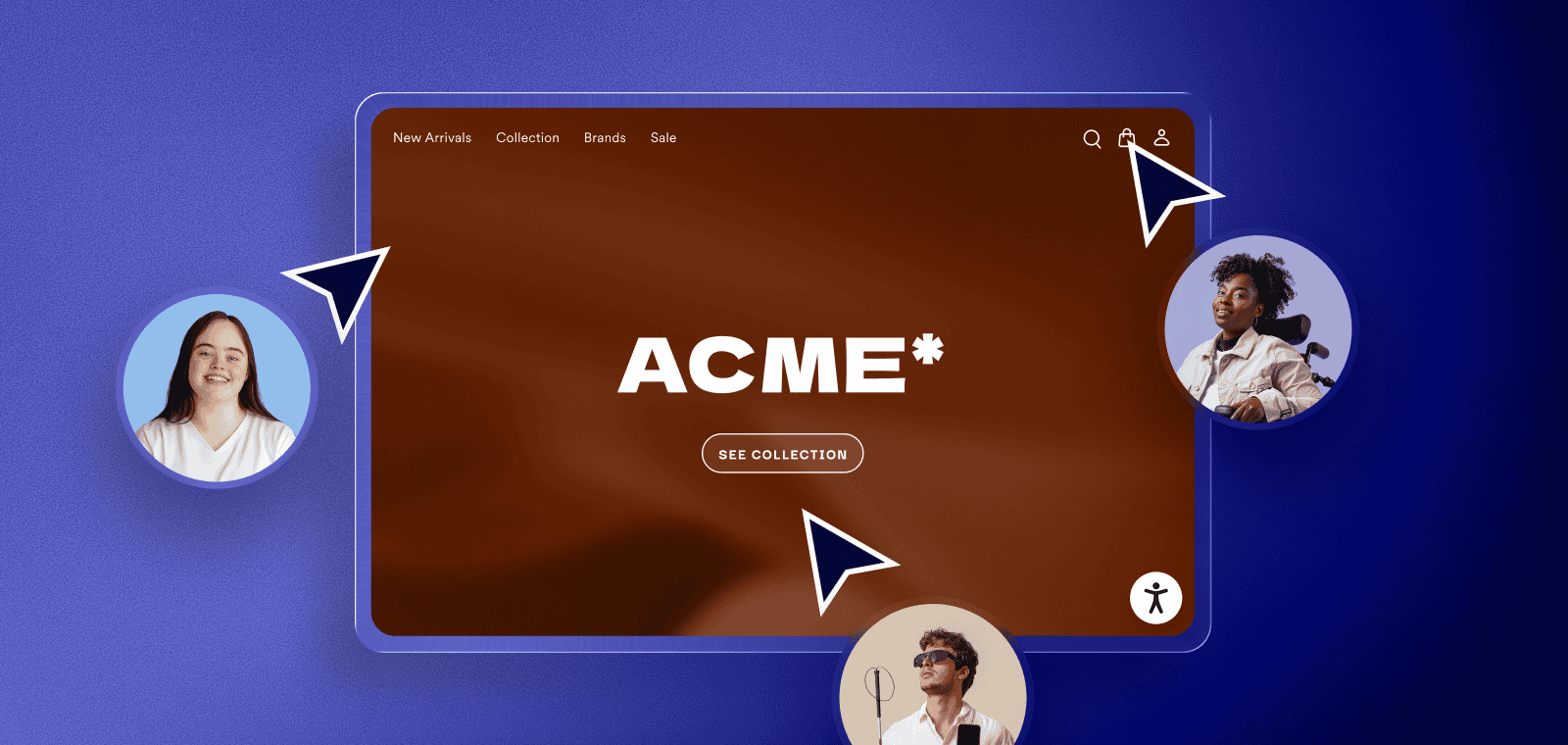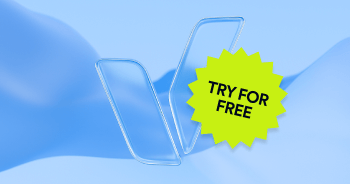If your site is hard to use, you lose customers and trust. Fashion Nova learned that the costly way, agreeing to pay $5.15 million after blind shoppers said they couldn’t navigate the website with screen readers.
The fix is straightforward. Treat accessibility as a must-have: follow the WCAG guidelines, test key workflows with assistive technology, and build accessibility into everyday work. It protects customers and reputation, and it costs far less than responding to a demand letter.
A costly reminder that accessibility can’t wait
Fashion Nova’s $5.15 million settlement is a wake-up call for every business with a digital presence. The retailer faced a class action lawsuit after blind users alleged that its website was incompatible with screen readers—blocking access to shopping, information, and navigation.
The case, Alcazar v. Fashion Nova Inc., covers users nationwide who tried to access the site since 2018. According to Class Action Lawsuit U.S., eligible California residents could receive up to $4,000 each, while Fashion Nova must improve accessibility going forward.
How inaccessible websites violate the ADA
Fashion Nova is not alone. Major brands like Domino’s, Netflix, and Nike have faced similar lawsuits alleging inaccessible digital experiences. Domino’s was sued over a website and app that screen reader users couldn’t navigate, and Netflix faced claims over missing captions in its streaming content. These cases reaffirm that digital spaces fall under the Americans with Disabilities Act (ADA) and must be inclusive to people with disabilities.
The growing legal and reputational cost of exclusion
While Fashion Nova did not admit wrongdoing, the multimillion-dollar payout reinforces a growing truth: inaccessibility is a legal liability. Courts and consumers now expect digital products to be usable for everyone, and companies that fall short risk both financial penalties and reputational harm.
Accessibility is no longer just compliance—it’s credibility.
In today’s market, customers reward brands that act responsibly and inclusively. Research shows that 92% of buyers trust socially or environmentally responsible companies, and 88% of consumers are more likely to stay loyal to brands that support social and environmental causes. Sustainable and socially conscious products also grow 2.7 times faster than non-sustainable ones. These numbers make one thing clear: people gravitate toward businesses that do the right thing—and accessibility is a core part of that trust.
The bigger picture: accessibility lawsuits are on the rise

Fashion Nova’s case isn’t an outlier—it’s part of a national trend toward greater accountability in digital accessibility. Accessibility-related lawsuits have surged across industries, from retail and banking to healthcare and entertainment.
Courts confirm: websites are public spaces under the ADA
In 2024 alone, more than 4,500 ADA website accessibility lawsuits were filed in federal court, with many others quietly settled before trial. Courts across the United States continue to affirm that websites and mobile apps are places of public accommodation under the ADA, requiring equal access for people with disabilities. If your site isn’t usable with assistive technologies or doesn’t align with accessibility standards, it may violate federal law.
High-profile brands, such as Beyoncé’s Parkwood Entertainment, Winn-Dixie, and Five Guys, have faced similar claims over inaccessible websites or apps. These cases highlight that accessibility issues are no longer niche—they’re mainstream legal and reputational risks.
Why this case matters for every business
The Fashion Nova settlement isn’t just about one retailer—it’s a signal for every business operating online. Companies that fail to make their websites accessible aren’t just excluding potential customers; they’re also exposing themselves to growing legal, financial, and reputational risk.
Every lawsuit and regulatory action underscores the same point: accessibility is no longer optional.
It’s a cornerstone of compliance, user trust, and long-term brand resilience. Businesses that treat accessibility as an afterthought risk costly settlements, negative press, and lost customer confidence—all of which can be prevented with proactive accessibility planning.
Inaccessibility is risk—accessibility is resilience
Accessibility also makes good business sense. Research shows that accessible websites reach broader audiences, perform better in search rankings, and foster stronger customer loyalty. In contrast, inaccessible experiences create barriers that drive users to competitors who prioritize inclusion.
The most forward-thinking companies are approaching accessibility as risk management and innovation, not damage control. By auditing their websites, remediating barriers, and maintaining conformance with the Web Content Accessibility Guidelines (WCAG), they’re protecting their brands while creating better digital experiences for everyone.
When accessibility becomes part of your strategy—not a reaction to a lawsuit—you protect your users, your reputation, and your future.
A win for the disability community

While the Fashion Nova settlement came with a high price tag, it also represents progress for digital inclusion. Each time a company is held accountable for excluding users with disabilities, it strengthens the message that equal access online is a civil right—not a courtesy.
For the disability community, this case reinforces that accessibility is about more than compliance; it’s about independence, participation, and equal opportunity in the digital world. Every legal victory helps move the internet closer to being open and usable for everyone.
Equal access is a civil right, not a courtesy
For businesses, the lesson is clear: those that take accessibility seriously are not only less likely to face lawsuits—they also reach a wider audience. More than one in four adults in the United States lives with a disability, and many rely on assistive technologies to shop, learn, and connect online. When websites are designed with accessibility in mind, they invite millions more customers to engage meaningfully.
Accessibility also builds brand trust, loyalty, and credibility with diverse audiences. It’s not just a moral or legal responsibility—it’s a reflection of good business ethics and a commitment to inclusion.
How businesses can learn from this
Digital accessibility is both a moral responsibility and a smart business move. Here’s how companies can take action now to stay ahead.
Accessibility checklist for every business
1. Audit your website regularly.
Identify accessibility barriers that may affect users with disabilities. Use automated tools and expert audits to evaluate conformance with the Web Content Accessibility Guidelines (WCAG) and ADA requirements.
2. Implement accessibility solutions.
Tools like accessWidget help ensure your website is accessible to people with disabilities and aligned with accessibility legislation.
3. Build accessibility into your workflow.
For developers, accessFlow integrates accessibility auditing and monitoring directly into your source code—making accessibility a continuous part of development, not an afterthought.
4. Validate your progress through expert review.
Professional support likeaccessServices provide manual audits, user testing, and remediation support to maintain accessibility over time.
5. Be prepared for legal challenges.
If your business receives a demand letter or accessibility claim, accessible’s Litigation Support service connects you with a dedicated case manager, accessibility experts, and an ADA attorney to review and respond effectively. With zero court losses to date for accessiBe customers and a $15k+ litigation pledge, it’s peace of mind backed by real expertise.
Looking ahead
The Fashion Nova settlement is a reminder that digital accessibility isn’t optional—it’s essential. As courts continue to recognize websites as public accommodations, businesses that act now will protect themselves from risk while building more inclusive experiences for every user.
Frequently asked questions
Q1: How can I make my website accessible?
A1: Start by auditing your website using tools like accessScan to identify accessibility barriers. Then, apply accessibility improvements based on the Web Content Accessibility Guidelines (WCAG). For ongoing accessibility and ADA conformance, solutions like accessWidget can help automate key aspects, while accessFlow supports developers in remediating source code directly.
Q2: What does accessiBe’s Litigation Support include?
A2: accessiBe offers comprehensive litigation support that includes:
- In-depth analysis of each alleged violation by certified experts
- Documentation showing proof of accessibility and compliance efforts
- Consultation with a top ADA attorney experienced in accessibility law
- Strategic guidance, tailored responses, and remediation where needed
- A $15k+ litigation pledge to back our customers if they lose a lawsuit (terms apply)
Q3: Can accessiBe help even if I haven’t been sued yet?
A3: Yes. Proactive accessibility is always best. By using accessWidget or accessFlow, you create a foundation of accessibility that can mitigate legal risk before issues arise.
Q4: Have accessiBe’s solutions been proven in court?
A4: Yes. In multiple cases—including Erkan v. David A. Hidalgo, MD, P.C.—courts have recognized accessWidget as a valid accessibility measure. Our litigation support has helped clients achieve case dismissals and demonstrate good-faith efforts toward ADA conformance.


